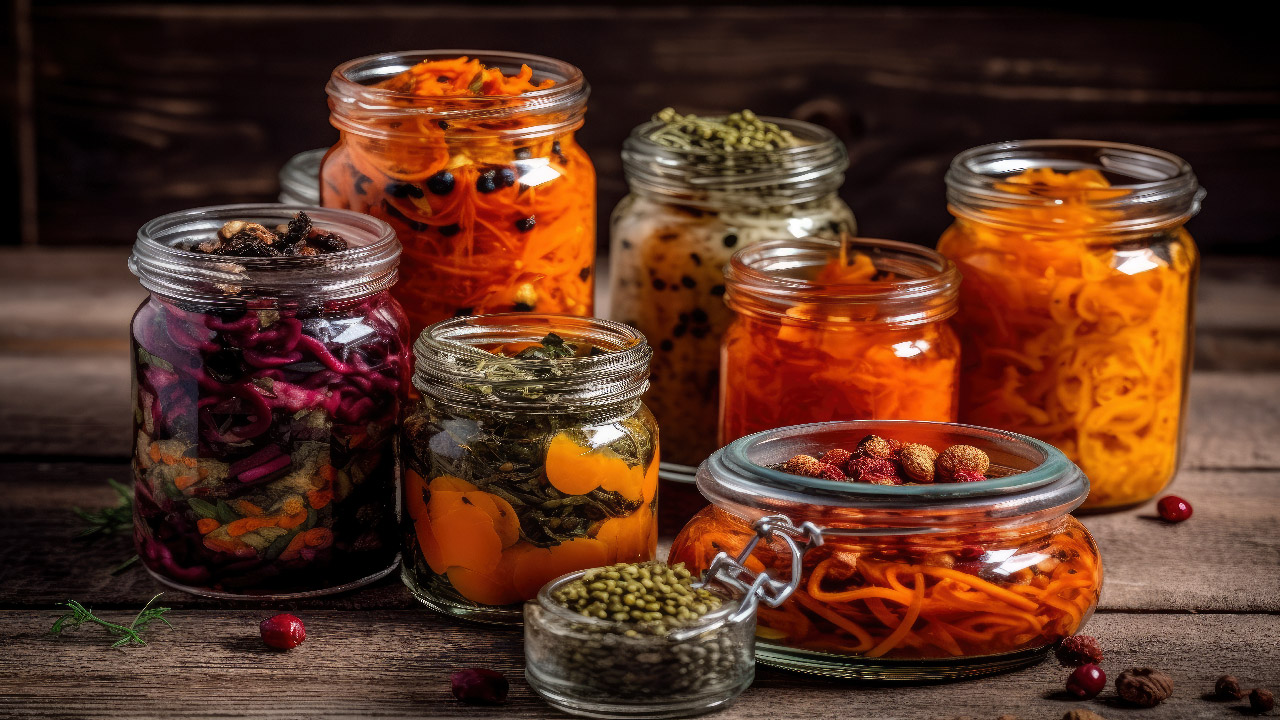How to Store Vegetables for Winter
Jul 19th 2023
As soon as harvest season comes to an end, storing vegetables during winter becomes a top priority. When stored properly, vegetables retain both flavour and nutrients, allowing fresh veggies to be easily within reach. Learning the proper storage techniques is most important for people that produce them. So, today, we will focus on the best methods to store vegetables in the winter months. Keep reading to get all the tips and tricks for keeping vegetables fresh even in the coldest time of year.
Harvest the Vegetables at the Right Time
When you pick your vegetables is essential to how long they will last. You need to track their progress and harvest them as soon as they are ripe — this ensures they will last throughout winter. If you decide to pick them before they are ripe enough or wait until they are overripe, they won't last as long. It's also important not to harvest them wet, as this can cause them to rot afterward.
Prepare the Vegetables for Storage
The first thing to do when preparing to store vegetables is to clean them. Brush any dirt and debris from their surface or rinse them with water. Next, you will need to remove all the damaged parts from each to avoid rotting. For some vegetables, you will also need to trim the green parts without damaging the plant's stem. Finally, you need to let them air dry and store them once they are fully dry.
Pick the Right Storage Conditions for Each Vegetable
Each vegetable requires different conditions to stay fresh and crisp during winter. Yet, dark, and cool storage spaces are suitable for most types of veggies, although humidity also plays a role. For example, leafy greens need very cold conditions with low humidity. Root vegetables can survive in higher temperatures but also need high humidity.
Consider Different Storage Methods
There are different methods to store vegetables in winter. Consider all the options before committing to one. The most common storing techniques are:
- Cold Storage
- Refrigeration
- Freezing
- Root Cellars
- Canning
Once again, the best method for storing a vegetable will be determined by the actual type, along with the conditions you are able to provide.
Inspect the Vegetables
To ensure your vegetables aren't rotting while in storage, you need to make regular checks. During the inspection, remove rotting or damaged ones to prevent the whole batch from spoiling. Maintaining an order in which you consume the stored food is also important. Eat the oldest ones first and then progress to the newer ones. By doing this, you will have fresh produce for the whole winter.
Start Storing Vegetables for Winter & Enjoy the Benefits
Storing produce requires some time and dedication. However, spending the time to properly store vegetables allows you to enjoy them in the harshest months. If this sounds appealing, check out our other blog posts for similar content. You can also visit our website and find everything you need for your garden.

